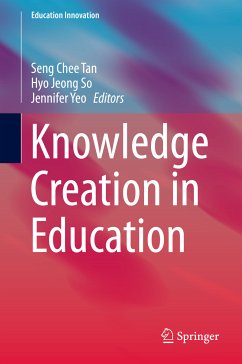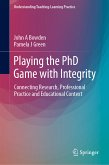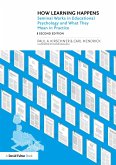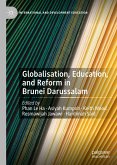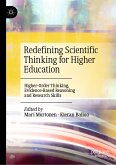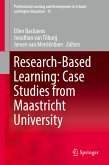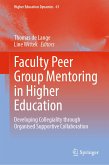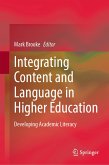The book is organized in two sections. Section A focuses on theoretical, technological and methodological issues, where sources of justification for claims are predominantly theories and extant literature, although empirical evidence is used extensively in one chapter. Section B reports knowledge creation practices in schools, with teachers, students or both; the key sources of justification for claims are predominantly empirical evidence and narratives of experience.
The editors assert that schools should focus on developing students' capacity and disposition in knowledge creation work; at the same time, leaders and teachers alike should continue to develop their professional knowledge as a community. In the knowledge building vernacular, the chapters are knowledge artifacts - artifacts that not only document the findings of the editors and authors, but that also mediate future advancement in this area of research work. The ultimate aim of the book is to inspire new ideas, and to illuminate the path for researchers of similar interest in knowledge creation in education.
Dieser Download kann aus rechtlichen Gründen nur mit Rechnungsadresse in A, B, BG, CY, CZ, D, DK, EW, E, FIN, F, GR, HR, H, IRL, I, LT, L, LR, M, NL, PL, P, R, S, SLO, SK ausgeliefert werden.

